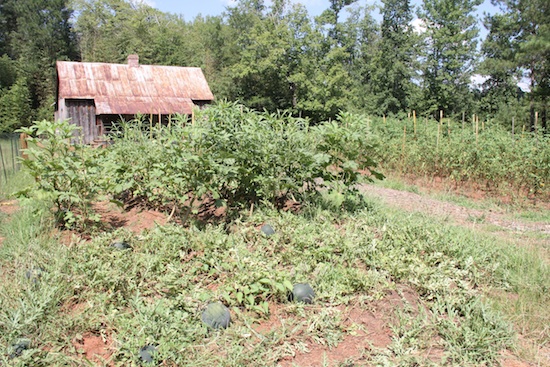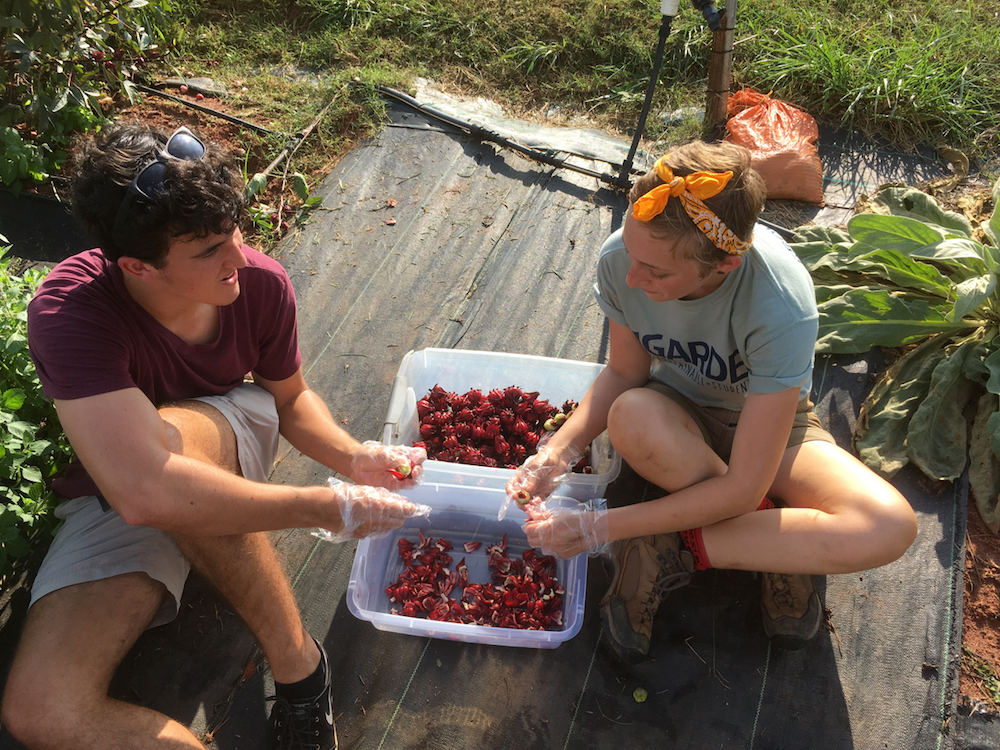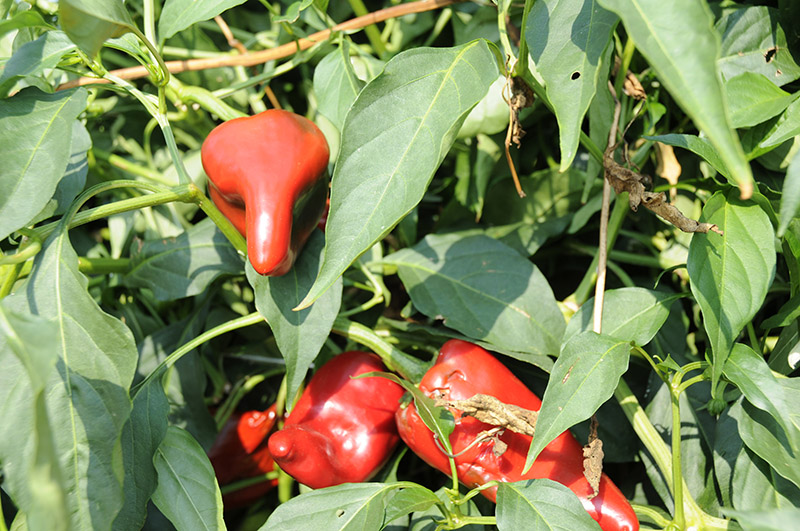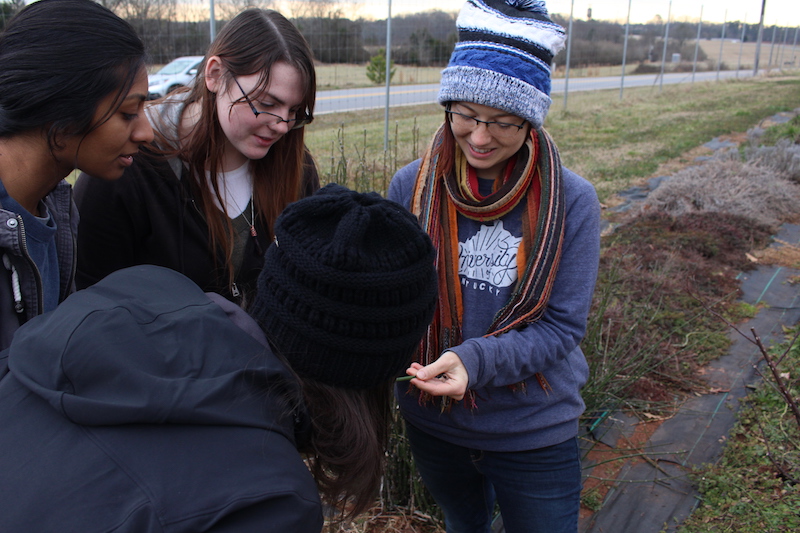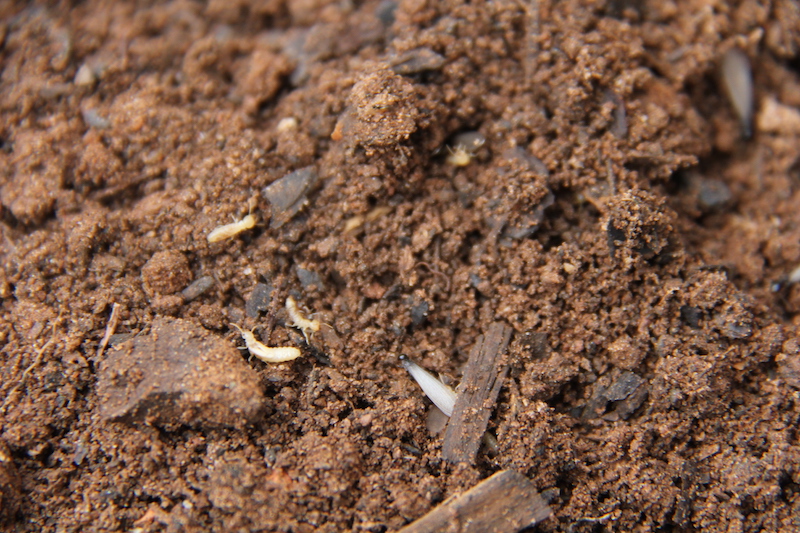 CAES News
CAES News
Gender in Agriculture
Around the world, female farmers produce 20 to 30 percent less than their male counterparts, and experts believe that overcoming that gender gap will be key to feeding the world’s growing population.

